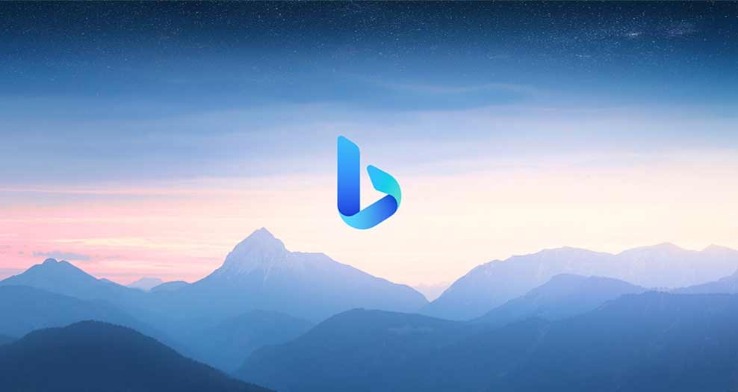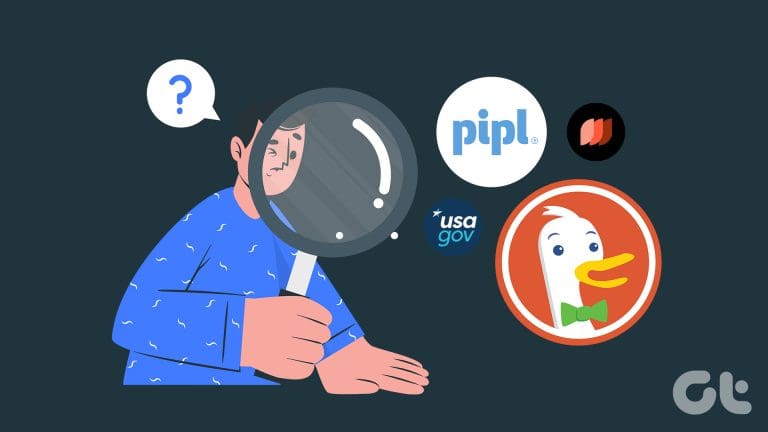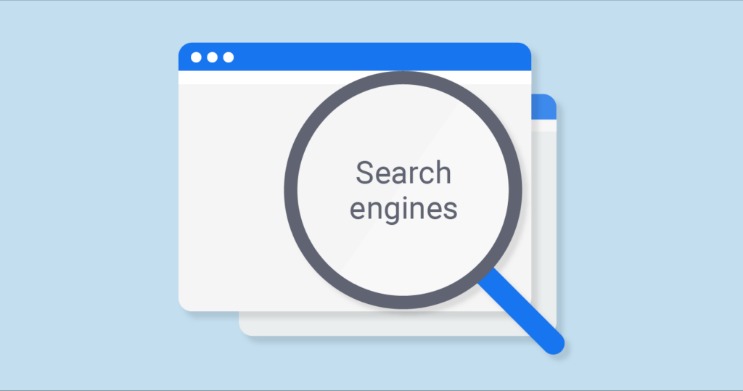
Yippy is a search engine that started in 2009, since then it has evolved. To become a leading provider of business learning and knowledge for all types of data users and consumers. This virtual bookstore is one of the oldest search engines on the internet. It was created by “Tim Berners-Lee”, who was also the creator of HTML and the Web itself.
Best Unblocked Browsers To Open Blocked Sites
For instance, in 2023, monthly blog posts about deep web activities reached an average of 476, compared to 386 in 2022. The rise in activity highlights the need for reliable search engines that prioritize user privacy and efficiency. Whether you’re conducting research or exploring hidden layers of the web, a trustworthy deep web search engine ensures safe and effective access. This deep web search engine can be accessed via the surface web and Tor. It filters out illegal and unsafe content, so users can expect a more secure experience. Ahmia can also be used to view insights, news, and statistics about the Tor network.
What Makes A Good Tor Search Engine?
The Hidden Wiki is a popular directory listing useful .onion websites and dark web search engines. Whether you’re looking for stronger privacy, a simple interface, or a tool designed specifically for hidden services, there’s likely an option that fits your needs. Think about what matters most for your browsing and security, and make informed choices to navigate the dark web safely. Torch is one of the oldest dark web search engines, having served the darknet community for years. It boasts a vast archive of over 400,000 pages, providing comprehensive coverage of .onion sites, including forums, blogs, and marketplaces. The dark web is a part of the internet that isn’t accessible with regular browsers or search engines like Google and Bing.
Even with Ahmia’s filters, there is always a chance of finding fake or malicious links. This is why users must stay cautious and combine Ahmia with safe browsing practices. For readers new to the hidden internet, our guide on 10 Things You Should Never Do on the Dark Web (2025 Edition) is a good reminder of how to stay safe.
- Although you can easily find free articles on Google Scholar, and it can access some of the information, we think that the DOAJ is a better research tool.
- After all, journalists, human rights organizations, and various other institutions maintain a Dark Web mirror of their primary indexed website.
- As we enter 2025, these tools are adapting with improved security and functionality to meet user needs.
- Torch, like other search engines, crawls these addresses and indexes their content, making it searchable for users.
Is It Safe To Use The Dark Web?
One notable feature is its “I’m feeling lucky” button, reminiscent of Google’s counterpart, which displays searches for a random keyword chosen from popular searches on OnionLand. This adds an element of spontaneity and discovery to the browsing process. Additionally, Torch prioritizes user privacy, implementing measures to prevent web tracking, further ensuring a secure browsing experience.

Users will need to navigate this divide, favoring open-source tools for transparency. NotEvil could integrate differential privacy techniques to share aggregate data, aiding researchers studying dark web trends. This requires balancing utility with anonymity, as even anonymized data risks deanonymization if mishandled. Future engines may offer anonymized analytics, like Ahmia’s traffic trends, to provide insights (e.g., popular .onion categories) without compromising user privacy.
Instead, visitors must access sites on the Tor Network using a special browser developed by the Tor Project. Central to navigating this hidden internet are “.onion” sites, unique websites that end in .onion instead of .com or .org. These sites can’t be found using ordinary search tools—they require specific dark web search engines and special browsers, primarily Tor, designed for anonymity and security. The dark web intrigues many with its aura of mystery and anonymity. It’s not just a shadowy corner of the internet filled with illegal activities; it’s a realm where privacy is prioritized and unique resources are abundant. For the curious explorer, a dark web search engine is an indispensable tool.
The 14 Best Deep Web Search Engines To Find What Google Can’t
You can download the desktop version of the Tor browser directly from the Tor project’s website. Tor browser apps for Android or iOS are available on Google Play and the App Store. Once you have Tor or another dark web browser, use one of the top unfiltered search engines to help you find the dark web content you’re looking for. When searching the darknet, OSE’s informative search page proves invaluable.
2010: The Hidden Wiki And Torch Lay Foundations
This article provides a current list of the top dark web search engines in 2024. Whether you’re a cybersecurity professional, researcher, or simply curious about the dark web, this article will help you navigate this hidden internet space. The dark web is a vast and often misunderstood part of the internet. While it houses a lot of illicit activity, it’s also a beacon for free speech, privacy advocates, and those looking for specialized information.
Alt Address

Dark web search engines are specialized tools that index .onion sites on the Tor network, which are hidden from standard search engines due to their anonymous, decentralized nature. Freenet’s decentralized file-sharing allowed users to share content anonymously, but navigation relied on manual link sharing via IRC channels or private forums. No search engines existed, and access was limited to tech-savvy communities, setting the stage for later dark web tools.
Filtered engines (Ahmia, NotEvil) and directories (Torlinks) minimize dangers, while unfiltered tools (Torch, Haystak) require expertise. Balancing these trade-offs with robust security ensures safe, ethical exploration. In 2025, NotEvil helped me find a privacy tool safely, but a risky marketplace link slipped through, avoided only by verification.

Tor updates, like V3 to V4 onion transitions, improve security but may deprecate older .onion addresses, forcing engines like Haystak to reindex and update support. This enhances privacy against attacks but causes temporary downtime or broken links. This enhances security but requires users to verify via trusted sources like r/onions, tor.taxi, or DuckDuckGo. Keep an encrypted offline list of updates to maintain access without interruptions. Risks include data theft via fake sites, legal exposure from accidental access to prohibited material, and deanonymization if JavaScript is enabled. Mitigate by using verified links, real-time antivirus, and pairing with filtered alternatives like DeepSearch for safer, targeted queries.
Navigating the dark web is challenging due to its decentralized and constantly changing nature. Websites frequently change their URLs to evade detection and shutdowns, making it difficult to find reliable and up-to-date information. The lack of standardization and numerous malicious sites further complicate navigation. Dark web working logic We need to perform special crawling operations to index and index sites with .onion extension. It scans for keywords and topics and uses algorithms to deliver relevant pages. Use Norton VPN to encrypt the data you send and receive and surf more anonymously.
But for the average user, it is not the best choice for safe exploration. It serves as a reminder that while dark web search engines can be powerful tools, they are not all created with safety in mind. Over the years, it has gathered millions of onion links and continues to expand.



